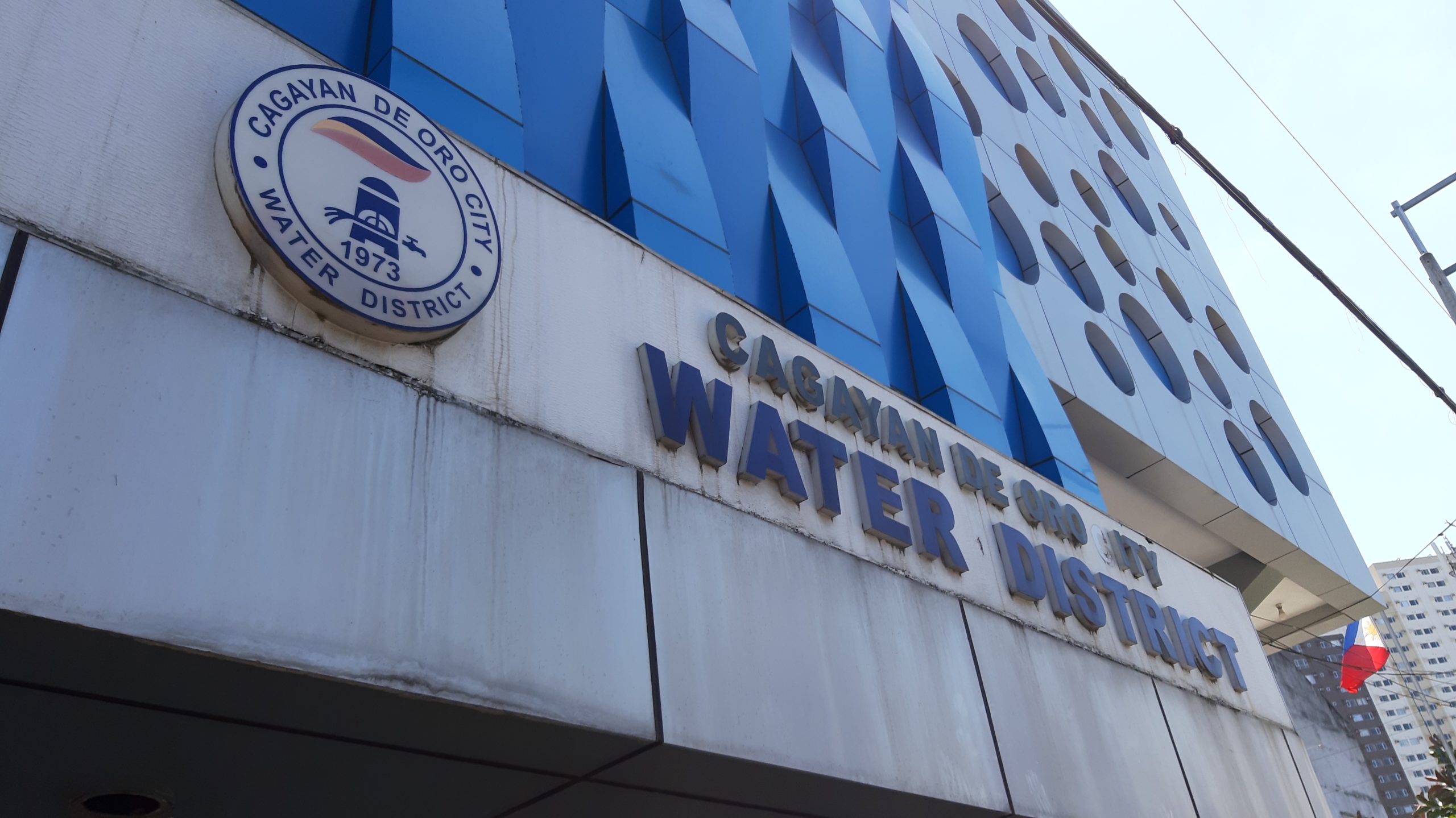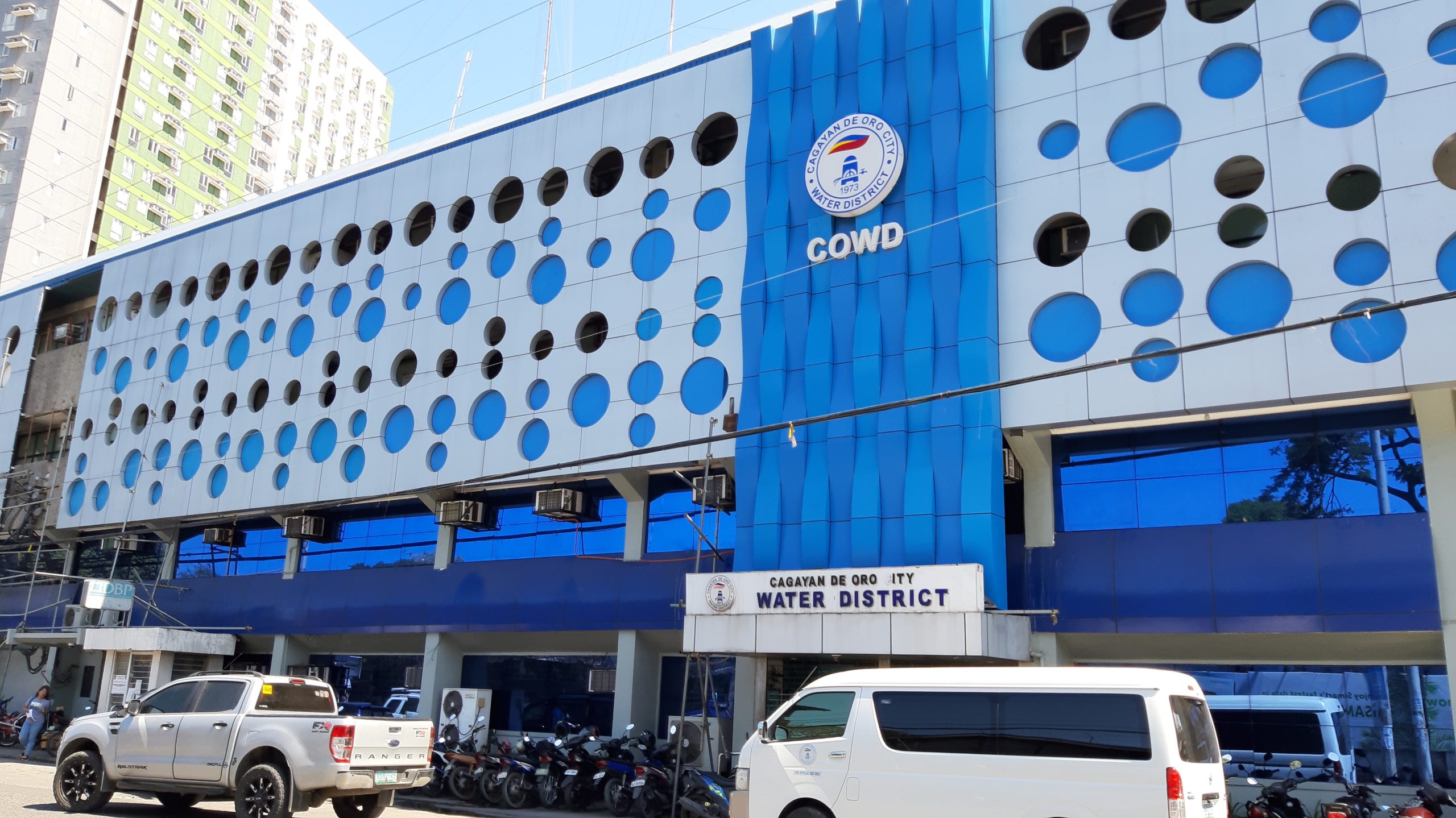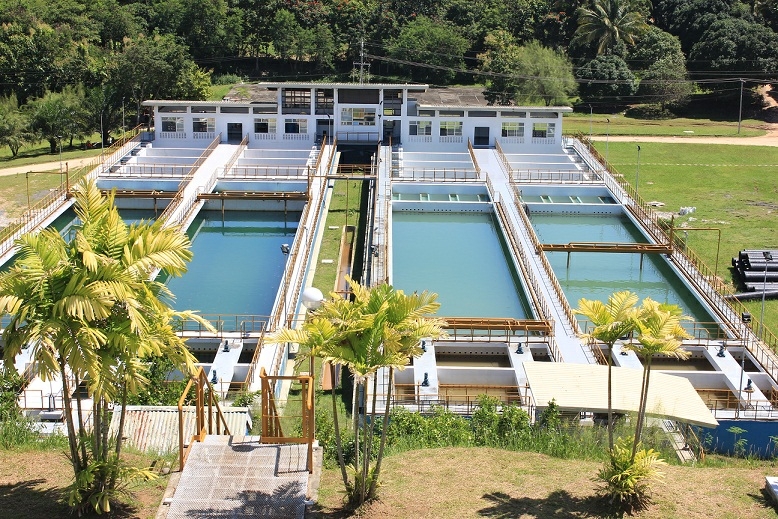
By NITZ ARANCON
Correspondent .
OPPOSITION to the proposal to lower the age of criminal liability to nine years is snowballing in the city as Roman Catholic and Iglesia Filipina Independiente leaders here voiced out to decry the House justice committee’s move to approve a substitute bill amending the Juvenile Justice and Welfare Act.
“It’s immoral!” exclaimed IFI Bishop Felixberto Calang of the proposal.

At the local Roman Catholic archdiocese, Msgr. Perseus Cabunoc strongly opposed the proposed law.
Instead, Cabunoc said, the government should go after the “source of the criminal liability,” and not children.
“Don’t expect to put an end to crime when the source and the real criminals are not brought to justice,” the archdiocese’s vicar general said.
But Rep. Maximo Rodriguez Jr. of the city’s 2nd District said he favors the proposal to lower the age of criminal responsibility to nine years. Rodriguez’s reason: “Extraordinary measures for urgent solutions on the war on drugs!”
His counterpart in the city’s 1st District, Rep. Rolando Uy, said he is against lowering the age of criminal responsibility to nine years but would favor it if the age is set at 12 years.
“Sa ako, 12 years old angay nga diha ipa-ubos ang edad sa bata nga dunay criminal liability, dili 9,” Uy said.
This paper sought the comments of Misamis Oriental Reps. Pedro Unabia and Juliette Uy of Misamis Oriental’s 1st and 2nd districts. They have yet to respond at presstime.
Cabunoc said Roman Catholic bishops and priests would be meeting about a possible pastoral letter on the controversial proposed law.
Bishop Calang meanwhile criticized the government’s approach in fighting crime. He said it is the government’s duty to protect and ensure the welfare of children.
“Ang bata dapat hatagan og protection sa estado, pero ang nahitabo, ang obligasyon sa estado paghatag protection sa mga mga minors, ilang gipapas-an sa mga bata. Unsa kini nga klasi sa pang-gobyerno?” said Calang.
The two religious leaders spoke out a day after children rights advocates staged a demonstration at Kiosko Kagawasan in Divisoria to strongly oppose the bill that was given the green light by the House committee on Monday.
Similar street demonstrations by organizations opposed to the bill were held in Davao and elsewhere.
“We are angered by this monstrosity! They are punishing children of crimes that are actually perpetuated by the system where government neglect and rights violations prevail,” said Eule Rico Bonganay, secretary general of the group Salinlahi and lead convener of the Unchain Children.
Mayor Oscar Moreno said he does not favor the proposed law. He said, “Instead, we should push for more interventions on the part of government, both national and local, particularly in education, health, resettlement and social welfare services.”
Moreno also called for the strenthening and sustaining of community efforts to promote children’s welfare, all the way down to the family level.
Two of Moreno’s challengers in this year’s mayoral race also called on legislators to carefully study the bill.
Former Agriculture undersecretary Jose Gabriel La Viña said he shares President Duterte’s frustration on drugs and criminality, and on how criminals and drug syndicates exploit young children.
La Viña said the proposal is necessary but “the right age should however be studied carefully by our legislators. We just have to make sure that our chidren will be protected and provided good future, and the real criminals will be punished.”
Another mayoral candidate, Benjamin Contreras, said he has yet to make a stand on the proposal.
“At the moment, I will neither support nor oppose the said law until such time I have read the bill in its entirety. It is easy to condemn them when you are the victim or in the midst of deep anger. But they could be also victims of circumstances like poverty, broken family, psychological imbalance, lack of parental guidance, etc. I would suggest the bill be given more time for further study,” Contreras said.
In Davao City, a network of children’s rights organizations called Kalitawhan urged lawmakers to fully implement the Juvenile Justice and Welfare Act even as it said the proposed law is in direct contravention of the country’s obligations under the United Nations Convention on the Rights of the Child. It said a law like that would have devastating impacts on Filipino children.
“The weaknesses within the justice system in the Philippines further put children at risk. Already there are persistent and regular reports by children that they are tortured and maltreated by police and government officials while in custody. Detention centers are severely overcrowded and underesourced,” the group said.
What the House committee approved was a substitute bill that would amend Republic Act 10630, the law that currently retains the minimum age of criminal liability at 15 but allows children as young as 12 to be detained in youth care facilities or Bahay Pagasa for serious crimes such as rape, murder, and homicide.
The bill reduces the minimum age of criminal liability from 15 years to nine years and mandates that children nine to 14 years who commit serious crimes such as murder, parricide, infanticide, serious illegal detention, carnapping, and violation of the Comprehensive Dangerous Drugs Act be subjected to “mandatory confinement” for rehabilitation. (with reports from Joey Nacalaban and Davao Today)
Disclaimer
Mindanao Gold Star Daily holds the copyrights of all articles and photos in perpetuity. Any unauthorized reproduction in any platform, electronic and hardcopy, shall be liable for copyright infringement under the Intellectual Property Rights Law of the Philippines.










